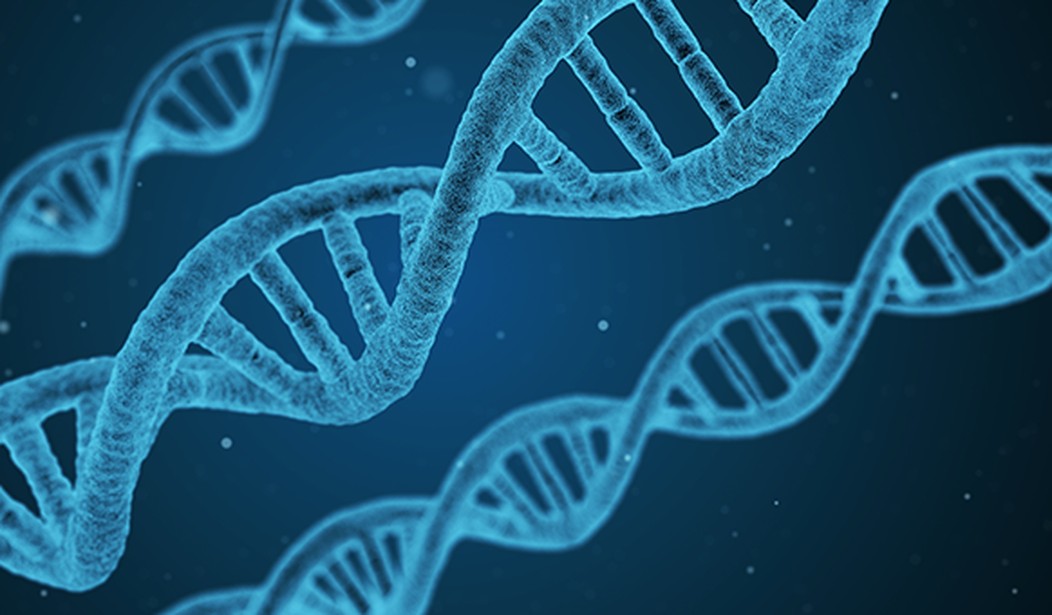If you’re looking for an interesting long-read this week that speaks to the roots of many divisions in America between the right and the left or conservatives and liberals, you might want to check out this piece from the New Yorker about Dr. Kathryn Paige Harden. It was published more than a year ago, but it’s been making the rounds again recently, and I think it’s even more relevant today than it was then.
Harden, a professor of psychology at the University of Texas at Austin, had enjoyed a skyrocketing career in her field, studying behavior genetics. (The study of the influence of genes on character traits and life outcomes.) Her work revealed that while no person is “hard-wired” by their genes to any particular personality traits or destiny of success or failure, our genes really do create a significant impact on how we turn out. She was widely published and respected in the biological sciences. But upon taking a new role at an institute traditionally populated by sociologists, journalists, and economists, she quickly learned that her new, primarily left-leaning colleagues wanted little to do with her. They only associated genetics research in humans with eugenics and there was a decidedly political tone to their criticism. Here’s a brief excerpt summarizing part of her experience.
Harden understands herself to be waging a two-front campaign. On her left are those inclined to insist that genes don’t really matter; on her right are those who suspect that genes are, in fact, the only things that matter. The history of behavior genetics is the story of each generation’s attempt to chart a middle course. When the discipline first began to coalesce, in the early nineteen-sixties, the memory of Nazi atrocities rendered the eugenics threat distinctly untheoretical. The reigning model of human development, which seemed to accord with postwar liberal principles, was behaviorism, with its hope that environmental manipulation could produce any desired outcome.
It did not take much, however, to notice that there is considerable variance in the distribution of human abilities. The early behavior geneticists started with the premise that our nature is neither perfectly fixed nor perfectly plastic, and that this was a good thing. They conscripted as their intellectual patriarch the Russian émigré Theodosius Dobzhansky, an evolutionary biologist who was committed to anti-racism and to the conviction that “genetic diversity is mankind’s most precious resource, not a regrettable deviation from an ideal state of monotonous sameness.”
It would appear that there have been more than a few people on both sides of the political aisle over the years who have latched on to any discussion of genetics as being very much predictive or completely unrelated to outcomes in the human experience. The two great dividers among laypeople when it comes to genetics seem to have traditionally been race and gender. I would hope that there are few remaining among us who subscribe to the idea that our genetic makeup automatically defines one race or gender as being “better” or inferior to another when it comes to qualities such as intelligence, talent, work ethic, or anything else.
But at the same time, you can see trends, particularly when it comes to physical characteristics (height, average muscle mass, etc.) and more cosmetic aspects such as hair color and texture or even a propensity toward people’s susceptibility to certain diseases.
Yet Dr. Harden’s experience seems to have been more pronounced when trying to engage people on the left. They seem to be the most offended at even the suggestion that genetics plays a role in anything, insisting that environmental factors are all that count. Doesn’t that seem fairly typical of some of the debates taking place in the digital public square today? How do you present research about potential genetic factors impacting human outcomes when you’re talking to someone who refuses to admit that people have X and Y chromosomes or that gender is a biological reality? Suggesting that women (if you’re talking to someone who is at least willing to admit that women exist) typically are physically disadvantaged as compared to men in competitive endeavors such as sports will often result in accusations that you are engaging in hate speech. And this happens despite the fact that generations of actual science – not “The Science” – prove this to be true in the vast majority of cases, though not all.
Wouldn’t you think that there would be value in having that sort of data and allowing the entire scientific field to examine it to determine its merit or lack thereof? In the opinion of many, apparently not. This is not a healthy development in terms of our mutual societal evolution. Everyone is free to pick their own beliefs about religion, philosophy, or political ideology. But we don’t get to pick our own versions of actual science. True science is based in the understanding that you must question everything and each new theory must be able to withstand the challenge of rigorous testing employing the scientific method. Doing away with that approach because some new piece of data conflicts with your personally held beliefs doesn’t get us anywhere and very likely leads us down paths that turn out to be dead ends, though hopefully not literally “dead.”








Join the conversation as a VIP Member